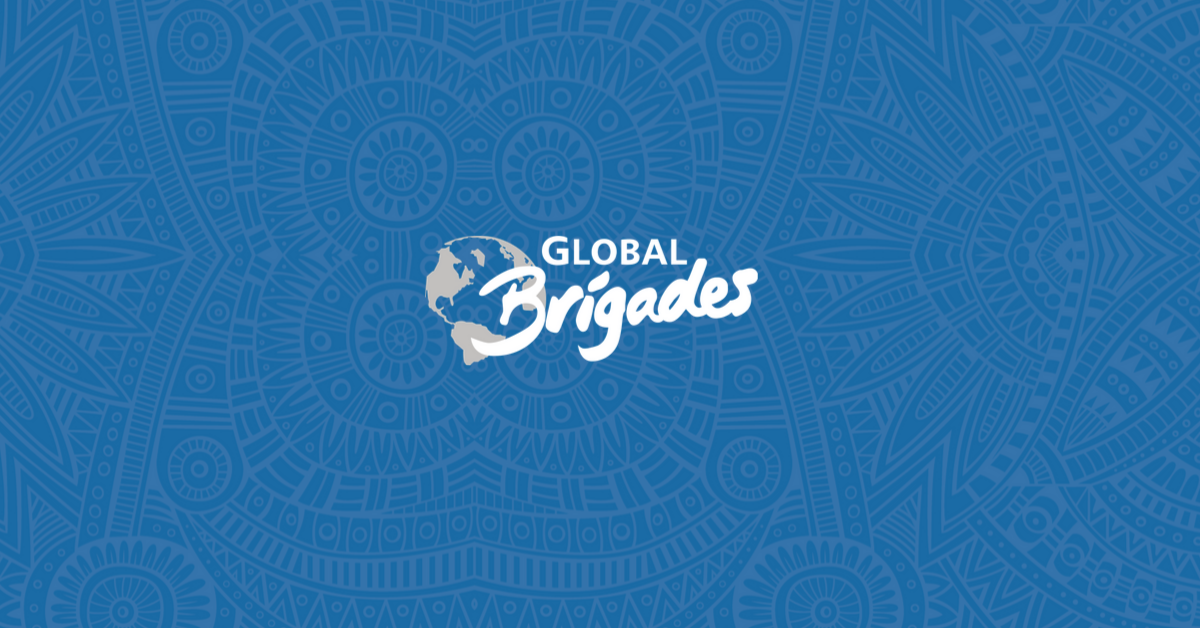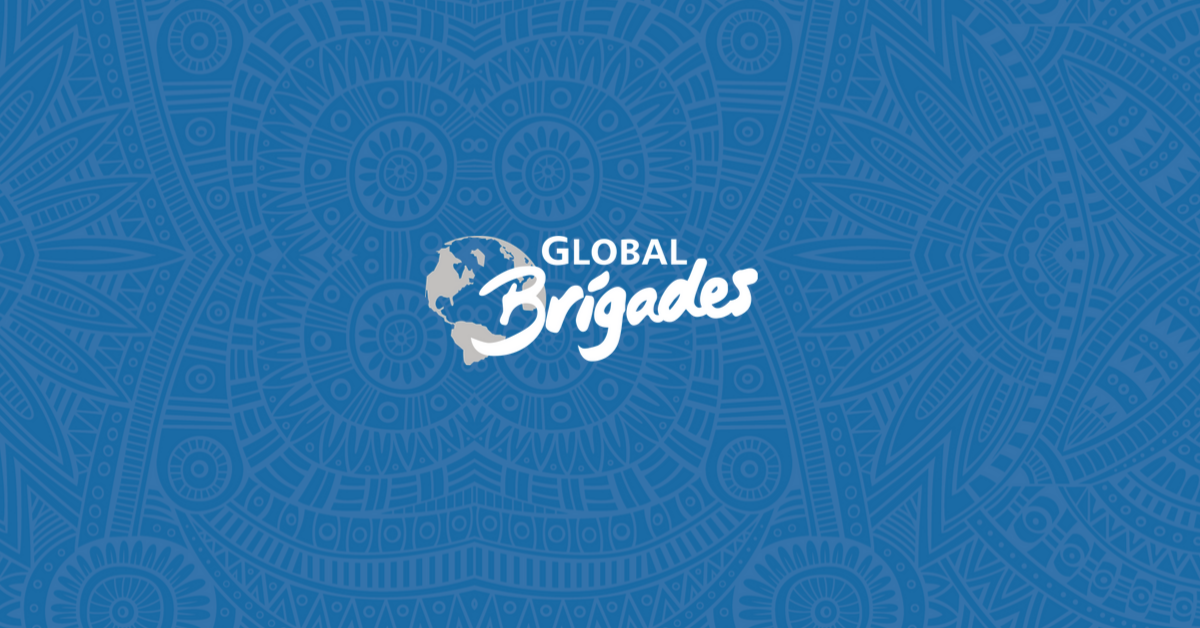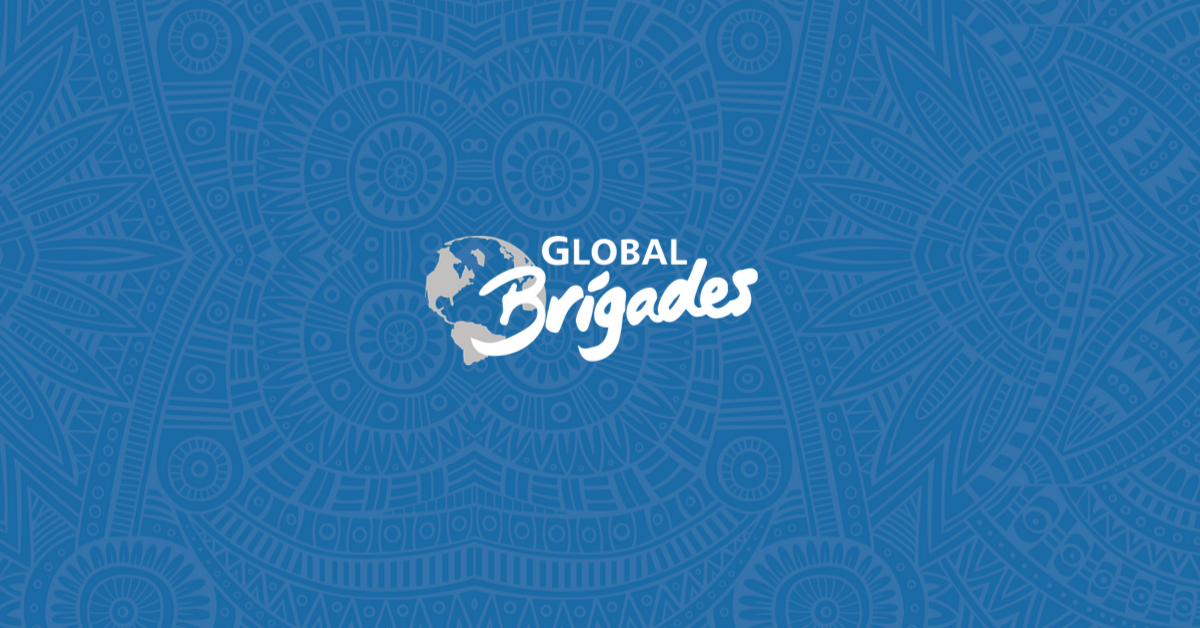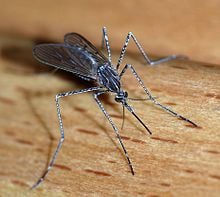The following blog post was written by guest blogger Claire Seigworth. Claire graduated with a B.A. in International Relations and a minor in Spanish Literature from Marquette University. She has traveled to many Latin American countries, studied in Santiago, Chile and worked in Panama for Global Brigades.
The state of Florida recently made headlines when government officials announced that eight people in the southeastern part of the state had dengue fever. While dengue fever is uncommon in the United States, in the past few years there have been cases of it in southern Florida. [1] Dengue fever is similar to malaria in that it is spread by mosquitoes and results in a high fever, headache, and joint pain, but unlike malaria, it cannot be prevented by drugs. [2]
The best way to avoid having dengue fever is by preventative measures. Health officials recommend covering up skin, using mosquito repellent, and draining pools of standing water to people in Florida where dengue fever is known to have been found.[3] The good news is that the disease cannot be spread person-to-person.
Preventing dengue fever in Latin America and Asia has proved to be a more difficult task. As rainy season has already arrived, the breeding areas for the Aedes aegypti mosquitos are plenty. In Pakistan, local authorities are spraying non-drinking water ponds with kerosene and temphose in order to kill mosquito larvae, as well as carrying out a program to educate locals about the disease and ways to prevent it.[4] The government in Vietnam has had difficulties in eradicating the mosquito due to some of the mosquitoes developing resistance to the insecticide that has already been sprayed.[5]
Despite the lack of any medical prevention, pharmaceutical companies are working to develop a vaccine. This particular vaccine is difficult to produce because there are four different strains of the disease.[6] Johnson and Johnson and Sanofi Pasteur are both in initial stages of the vaccine’s development, but hope to in the near future begin large trials and hopefully eradicate the disease that is estimated to affect 390 million people each year.[7]
[2] Ibid




